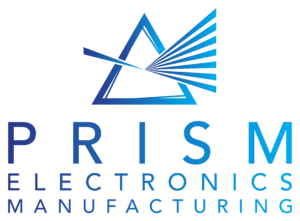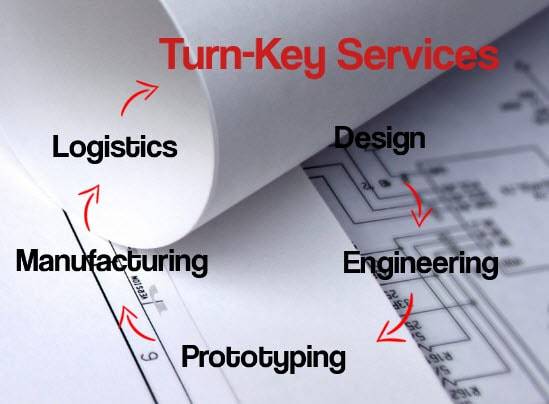Understanding Contract Electronics Manufacturing
In today’s diverse technological landscape, the complexity and cost associated with developing and manufacturing electronic products are ever-increasing. This is where contract electronics manufacturing (CEM) comes into play, supporting and developing your production. Whether you’re a startup looking to bring your tech idea to life or an established company seeking to optimise your manufacturing process, understanding the nuances of CEM can be a game-changer.
What is Contract Electronics Manufacturing?
Contract electronics manufacturing refers to the outsourcing of electronic product manufacturing to third-party companies that specialise in this field. These companies, known as contract manufacturers or CEMs, handle various stages of the production process, from design and prototyping to assembly and testing. This model allows companies to leverage the expertise, resources, and economies of scale of CEMs without investing heavily in their own manufacturing facilities.
The Range of Services Offered
- Design and Engineering Services: Many CEMs provide comprehensive design support, including schematic capture, PCB layout, and software development. This service is crucial for companies that need assistance in bringing their concepts to fruition.
- Prototyping and Testing: Prototyping is a critical phase where designs are turned into functional models. CEMs employ advanced technologies and techniques to create prototypes that are tested rigorously to ensure they meet the desired specifications and standards.
- Manufacturing and Assembly: From surface mount technology (SMT) to through-hole technology (THT), CEMs utilise state-of-the-art equipment and techniques to assemble electronic components onto PCBs. This phase also includes soldering, component placement, and final assembly plus box build.
- Supply Chain Management: CEMs often handle the procurement of raw materials and components, leveraging their extensive supplier networks to secure the best prices and ensure a steady supply chain. This service helps mitigate risks associated with component shortages and price volatility.
- Testing and Quality Assurance: Ensuring product reliability is paramount. CEMs implement stringent testing protocols, including functional testing, environmental testing, and compliance testing, to guarantee that the final product meets industry standards and customer expectations.
- Logistics and Distribution: Many CEMs also offer logistics support, managing warehousing, packaging, and distribution. This integrated approach streamlines the supply chain and reduces lead times.
Why Choose Contract Electronics Manufacturing?
Cost Efficiency
One of the most significant advantages of CEM is cost savings. By outsourcing manufacturing, companies can avoid the substantial capital investment required for setting up and maintaining manufacturing facilities. CEMs benefit from economies of scale, which translate into lower production costs and more competitive pricing.
Expertise and Technology
CEMs bring specialised knowledge to the table. Their experience in handling complex manufacturing processes and their investment in cutting-edge equipment and technology can enhance product quality and reduce time-to-market.
Whether you’re ramping up production for a new product launch or scaling down operations, CEMs offer the flexibility to adjust manufacturing volumes without the hassles of managing production lines and workforce. This scalability is particularly beneficial for startups and companies with fluctuating demand.
Choosing the Right CEM Partner
Selecting the right contract electronics manufacturer is crucial for the success of your project. Here are some key factors to consider:
- Experience and Expertise: Look for a CEM with a proven track record in your specific industry. Their experience can be a valuable asset in navigating challenges and ensuring product success.
- Quality Standards: Ensure that the CEM adheres to industry standards and certifications, such as ISO 9001, ISO 13485, or UL certification, to guarantee product quality and safety.
- Cost and Lead Time: While cost is a critical factor, also consider the CEM’s ability to meet your production schedule. A balance between cost-effectiveness and timely delivery is essential.
Conclusion
Contract electronics manufacturing is more than just a service; it’s a strategic partnership. By leveraging the expertise and resources of a reliable CEM, you can enhance product quality, reduce costs, and accelerate time-to-market. So, take the time to research and choose a CEM that aligns with your vision and goals, and see how they help support and grow your business.
For more information about how Prism can support your business visit: prism-electronics.com




